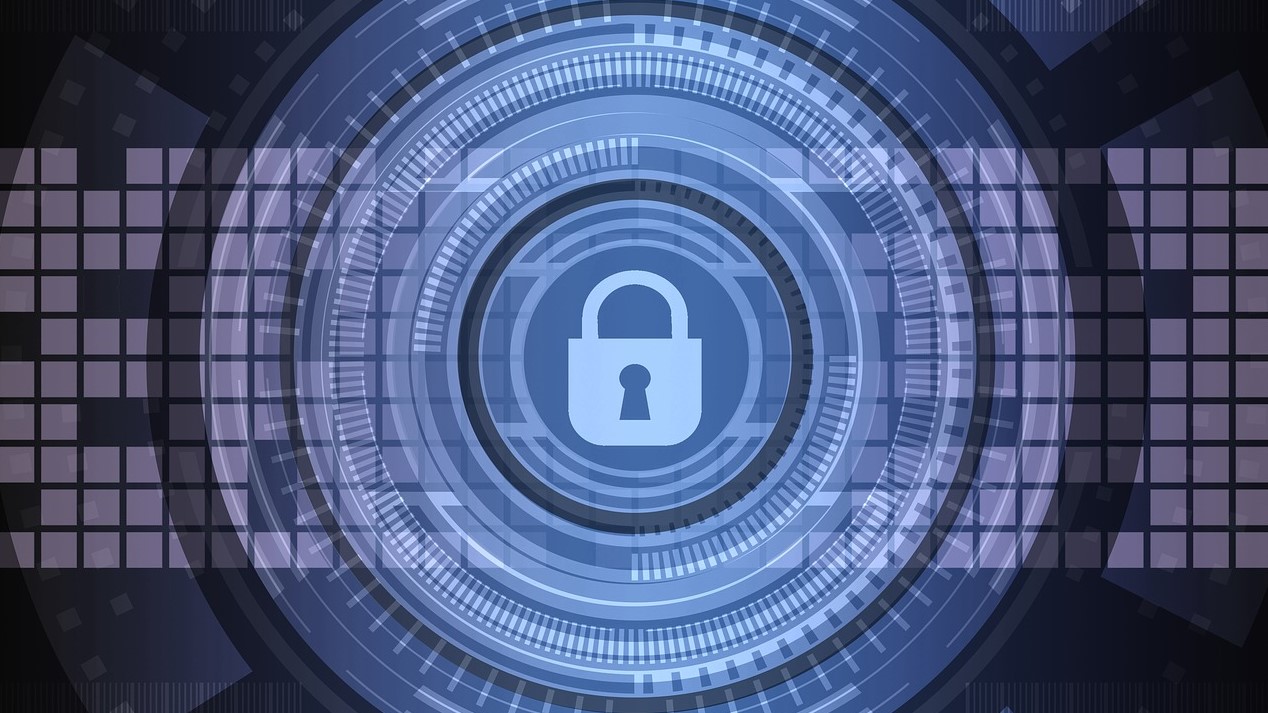What Can the Dark Web Teach Businesses About Cybersecurity?
The dark web is often associated with illicit activities, but it also provides valuable insights into the world of cybercrime. By studying what hackers and cybercriminals trade on these platforms, businesses can gain a better understanding of their vulnerabilities and take steps to strengthen their cybersecurity defenses.
A Hub for Cybercrime
Dark web marketplaces are bustling hubs where cybercriminals buy, sell, and trade illicit goods and services. Hackers operating as 'vendors' on these sites profit from selling everything from malicious software and phishing kits to stolen credentials, personal information, and compromised passwords.
Unchecked trade and technological advancements have democratized the use of ransomware and malware-as-a-service (MaaS), making it easier for even novice cybercriminals to launch devastating attacks. The need for organizations to strengthen their cybersecurity and protect digital identities has never been greater.
The Most Valuable Data
Understanding what data is most valuable to cybercriminals is crucial in developing effective cybersecurity strategies. According to recent reports, phishing remains the most common attack type, accounting for 84% of all cyber attacks on UK businesses, with viruses or other malware making up only 17%.
The Power of Phishing
Phishing's primary purpose is to steal credentials or sensitive information. By understanding what cybercriminals are after, businesses can learn how to focus their cybersecurity efforts and develop defenses that prevent these types of attacks.
The Democratization of Cyber Attacks
Evolving technologies like artificial intelligence (AI) are accelerating the democratization of cyber attacks, giving novice and less experienced cybercriminals the tools they need to carry out serious breaches. The ease with which threat actors can access readily available MaaS highlights the need for businesses to reevaluate their cyber defenses.
The Need for Proactive Defense Measures
Businesses must act now to stay ahead of evolving threats and protect customer and employee digital identities, sensitive data, and personal and financial information. Implementing proactive defense measures such as behavioral analytics and AI-driven threat detection can help prevent AI-driven cyber attacks from succeeding.
The Importance of Protecting Passwords
Password-related security is often overlooked, but it's a critical aspect of cybersecurity. Alternative authentication methods like multi-factor authentication (MFA), token authentication, and biometric identification can easily be implemented to defend against attacks carried out by sophisticated hackers and less skilled cybercriminals.
The Power of Decentralized Identity
Decentralizing identity is an under-utilized defense strategy that can make it more difficult for cybercriminals. By using this approach, businesses can gain a significant advantage in protecting their digital identities.
A New Approach to Cybersecurity
Businesses must rethink their approach to cybersecurity if they want to get ahead. By staying informed of hacking tools and techniques on dark web marketplaces and focusing resources into defenses that protect the most valuable aspects of data, organizations can better secure digital identities.
The Bottom Line
Protecting significant vulnerabilities like passwords is of ever-growing importance as hackers continue to target what's most valuable on dark web marketplaces – data. By understanding what cybercriminals are after and taking proactive steps to strengthen cybersecurity defenses, businesses can stay ahead of evolving threats and protect their digital identities.
